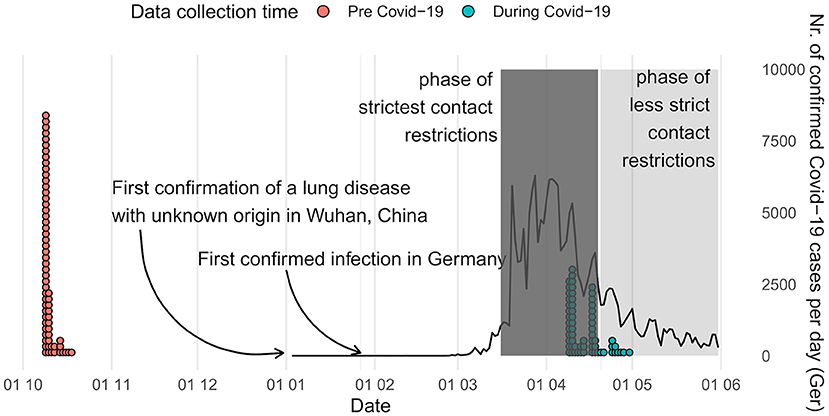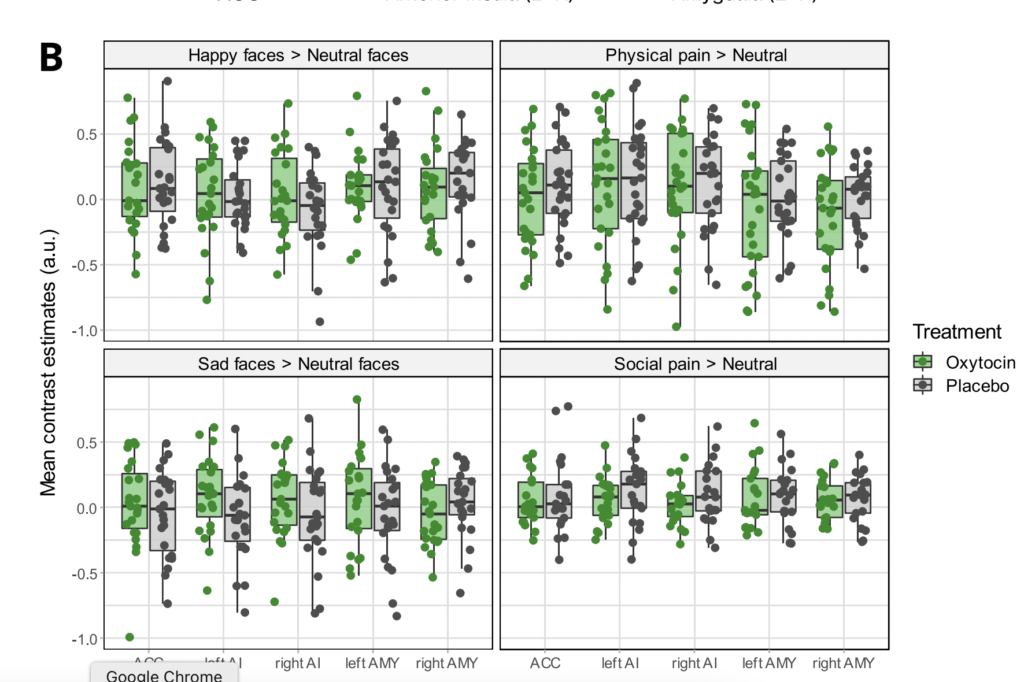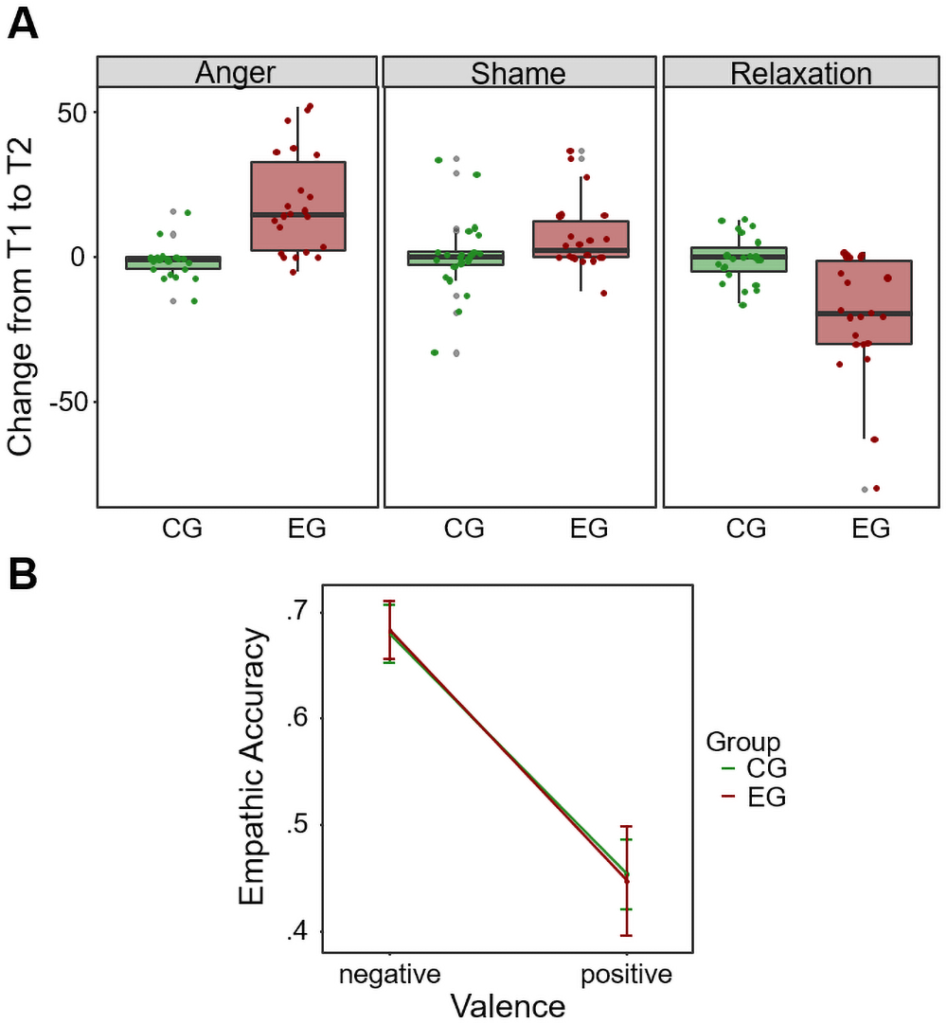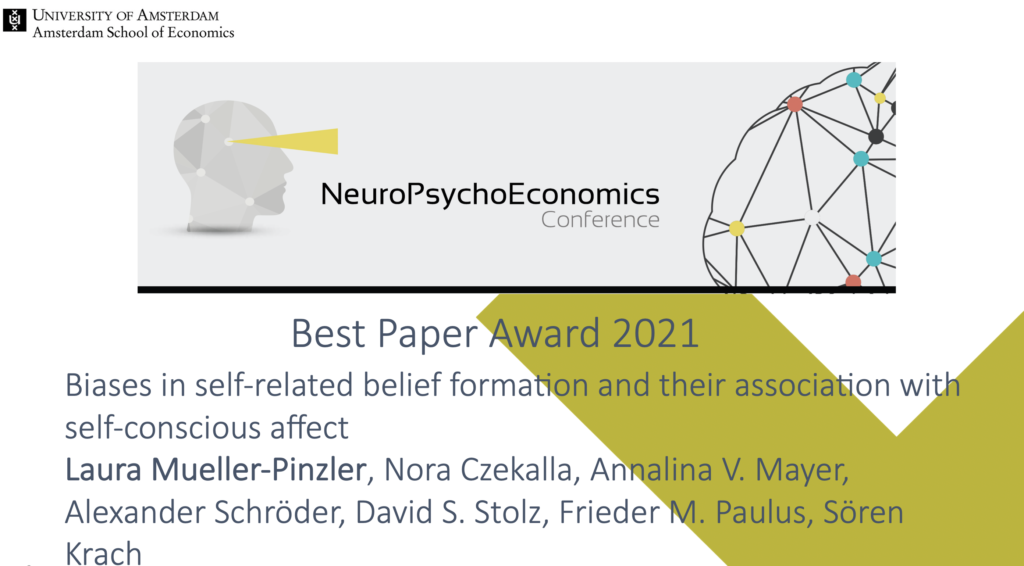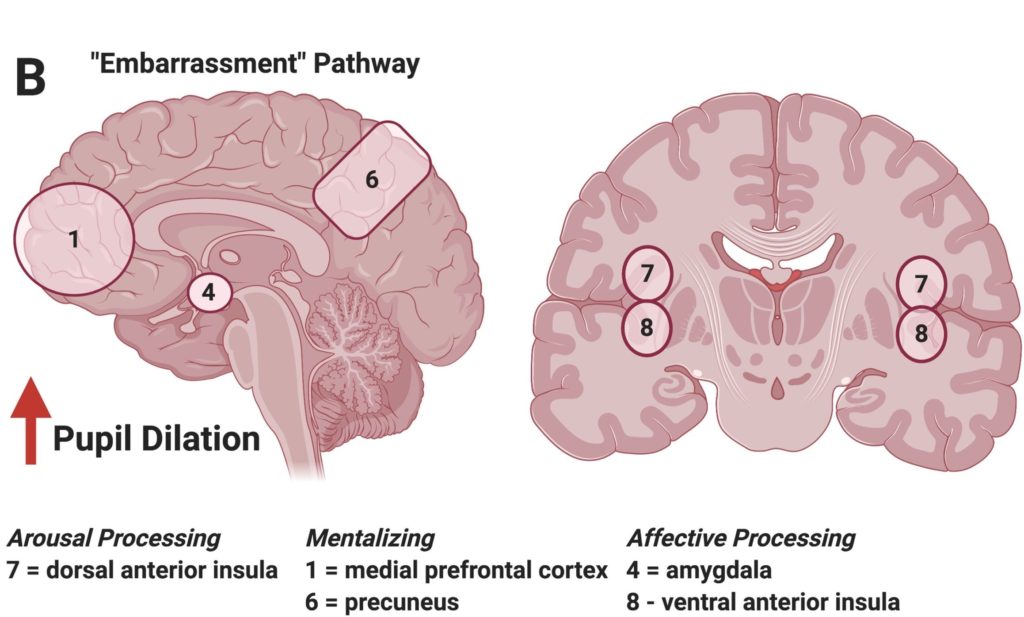Successful PhD defense by Annalina V. Mayer!
Today, Annalina V. Mayer successfully defended her PhD! Huge congratulations, Annalina! Annalina started as one of our first student assistants back in 2015. Very quickly she became a full member of our lab. At that time we were setting up a huge, multi-center (Leipzig/Lübeck) oxytocin trial on autism and were very convinced that Annalina […]
Successful PhD defense by Annalina V. Mayer! Read More »


